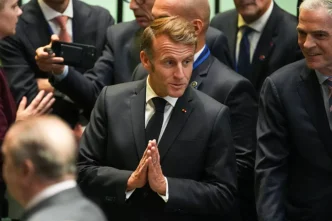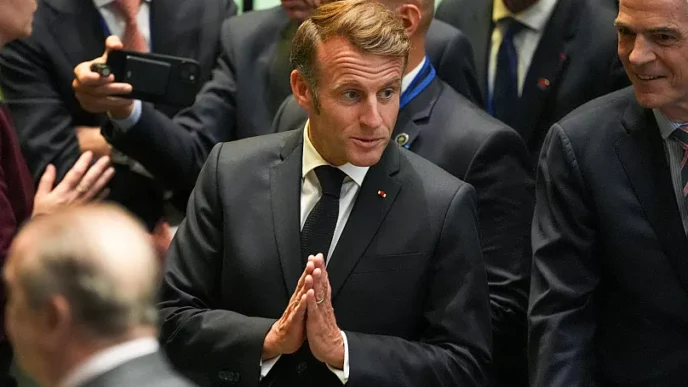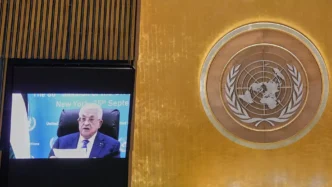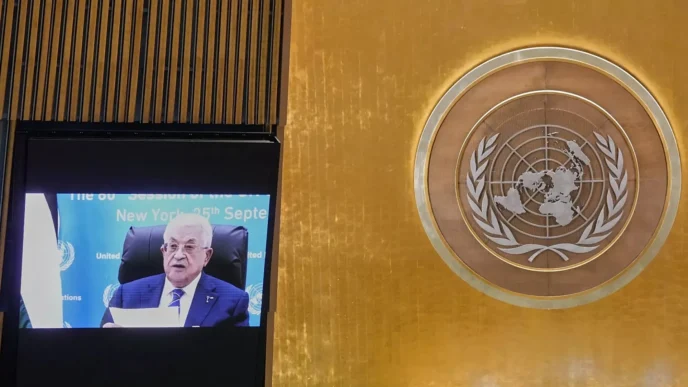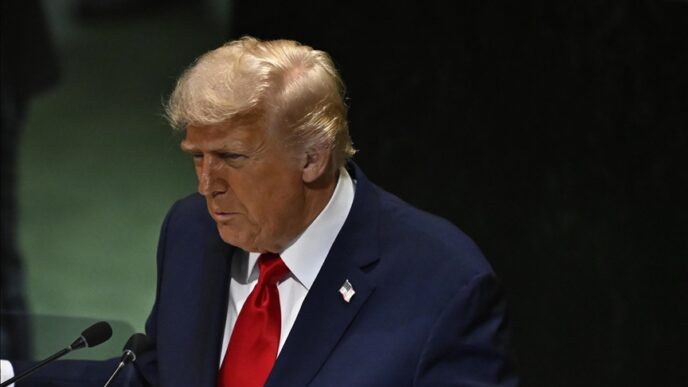The United States is reportedly engaged in high-level discussions with the Taliban regarding the potential redeployment of American forces to Bagram Airbase, a strategic military hub that was the centerpiece of U.S. operations in Afghanistan for two decades. According to reports from the Wall Street Journal, these talks signal a new chapter in U.S.-Taliban engagement as Washington navigates the complex geopolitical and security landscape of the region.
Bagram: A Symbol and Strategic Asset
Bagram Airbase, located just north of Kabul, has long been a symbol of U.S. military presence in Afghanistan. It served as the central command post for operations against the Taliban and al-Qaeda before the U.S. withdrawal in August 2021. The base also housed significant intelligence, logistics, and medical facilities, making it one of the most important military installations in the country.
The prospect of U.S. forces returning to Bagram is politically sensitive. For many Afghans, it evokes memories of prolonged foreign occupation, while for U.S. policymakers, the base represents a critical platform for intelligence gathering and counterterrorism operations.
The Context of the Talks
According to sources, the discussions are still in preliminary stages. The U.S. is reportedly seeking guarantees from the Taliban regarding security, operational freedom, and access for personnel and equipment. Washington’s officials have emphasized that any redeployment would be limited in scope, focusing on counterterrorism and regional stability rather than a full-scale military presence.
Experts suggest that the talks reflect a broader strategic recalibration by the United States:
- Counterterrorism Concerns: With extremist groups like ISIS-K and remnants of al-Qaeda operating in Afghanistan, U.S. intelligence capabilities remain limited without a physical presence.
- Regional Security Dynamics: Afghanistan’s stability affects neighboring countries, including Pakistan, Iran, and Central Asian states, as well as broader counterterrorism coordination.
- Geopolitical Signaling: Engaging with the Taliban on operational matters may also be intended as a signal to China, Russia, and regional players that the U.S. remains invested in Afghan security despite its withdrawal.
Taliban’s Perspective
The Taliban, now the de facto rulers of Afghanistan, face both internal and external pressure in these negotiations. On one hand, they are under international scrutiny to moderate their policies and allow humanitarian access. On the other, they must respond to domestic critics who oppose any renewed U.S. military presence.
Sources indicate that the Taliban are weighing potential benefits of engagement, including financial aid, economic assistance, and international legitimacy, against domestic opposition to perceived concessions.
Political and Diplomatic Implications
A partial U.S. return to Bagram could provoke debate both at home and abroad. In Washington, lawmakers are likely to scrutinize the deployment, weighing the risks of renewed engagement against counterterrorism needs. Public opinion may also be wary after the chaotic withdrawal of 2021.
Internationally, the talks could affect Afghanistan’s relations with its neighbors. Pakistan, for example, has historically played a key role in mediating U.S.-Taliban interactions, while India and Iran may monitor developments for their own security interests.
Challenges Ahead
Even if agreements are reached, logistical and operational hurdles remain significant:
- Security Guarantees: Ensuring the safety of U.S. personnel in a volatile region is a top priority.
- Operational Scope: The U.S. will need to define clear parameters to avoid perceptions of occupation.
- Diplomatic Sensitivities: Maintaining a working relationship with the Taliban without legitimizing their broader political control is a delicate balancing act.
Looking Forward
While the details remain confidential, the talks underscore a pragmatic approach by both the U.S. and the Taliban. Washington seeks to protect its national security interests, while the Taliban appear willing to negotiate in exchange for international engagement and economic support.
Observers suggest that the outcome of these negotiations could have long-term implications for regional stability, counterterrorism efforts, and U.S. foreign policy credibility in South Asia.
As discussions continue, one thing is clear: Bagram Airbase, once a symbol of U.S. dominance, may soon represent a new chapter in a complex, high-stakes diplomatic and security relationship between Washington and Kabul.









